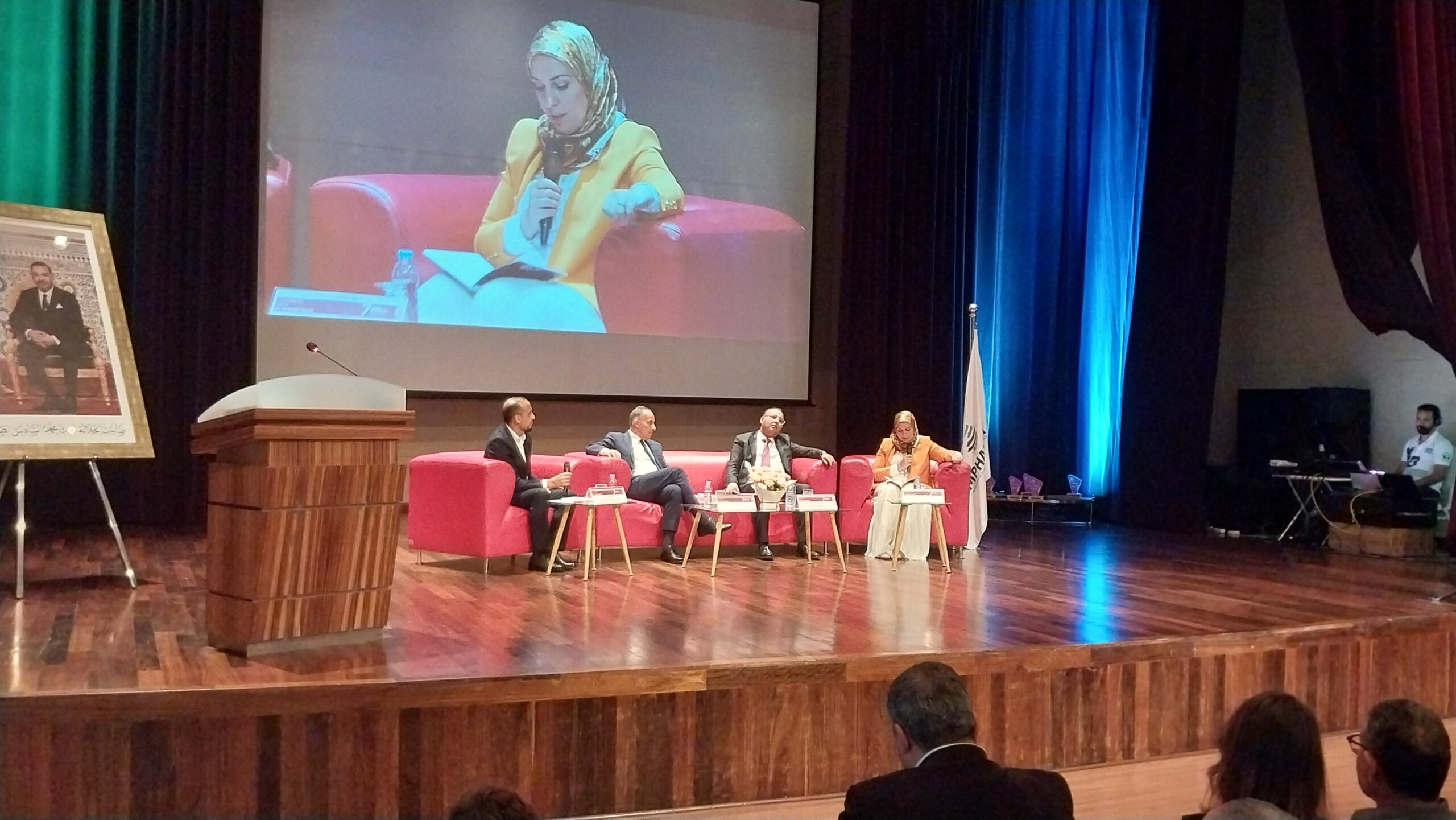Pharmacists are back on the attack! The essence of their demands would remain relevant. On Saturday, September 21 in Rabat, they expressed their concern, while insisting on the importance of a revision of the legal arsenal specific to the pharmaceutical sector.
Moreover, it is around the urgency of the modernization and regulation of the pharmacy that the 7th edition of the International MPharma Day Congress was held under the theme: “Pharmacy facing a decisive turning point”. In addition to Moroccan pharmacists, this edition saw the participation of their Jordanian and Tunisian counterparts who came to present their countries’ experiences in this area.
This resulted in a day rich in discussions and data with an important scientific program led by professionals with a well-stocked curriculum.
It is important to note that during this day, the current situation of the community pharmacy and its development prospects were mainly discussed. There, the observation is unanimous and there is no hesitation. All pharmacists took the opportunity to sound the alarm and invite the Government once again to take their demands and aspirations seriously. Today more than ever, a thorough, thoughtful reform with a good dose of audacity is essential, they say to pharmacists, for whom the few measures described as timid taken here and there have hardly stopped the haemorrhage of a sector that is suffering enormously.
It is in this wake that the work of the joint commissions with the Ministry of Health was registered, in the aftermath of the strike of April 13, 2023. The synthesis of this work also emphasized the importance of the revision of the decree on fixing drug prices, the granting of substitution and the extension of the pharmacist’s missions. In this regard, a first step has been taken through the publication in the BO of the list of TRODs that can be carried out in pharmacies.
For Dr Mohamed Essafi, the idea is that the stereotypical image according to which the pharmacist is a drug dealer should disappear, particularly at a time when the need for local health services is increasingly being seen: “The idea has already existed in Tunisia since the beginning of the 80s and the experience has proven fruitful,” he says, while noting that in Morocco, the State must activate the procedures and put in place the necessary measures and regulations so that the Moroccan pharmacist can integrate new roles.
The same story from Dr. Mohamed Hassan who indicated that out of the 9 points on the agenda, only 3 have seen significant progress, including the marketing channels for medicines, law 18/28, food supplements. However, other points that are just as important and strategic for the profession have not seen any progress so far, including, among others, the representation of pharmacists across the 12 regions, medical devices, the right to substitute medicines. However, it is this very specific chapter that pharmacists believe urgently needs to be regulated.
For Dr. Essafi, it is important to emphasize that at this level, this right to substitute medication is able to not lower the price of the medication, but it does contribute to lowering the cost on the one hand and to the continuous availability of the medication on the other. That being said, regulation is now a necessity.
If in Morocco, medication continues to be the pharmacist’s only source of income, in Tunisia for example, it represents only 30%, while 70% comes from the pharmacist’s other missions that he exercises within the framework of the regulations in force. In this regard, the eyes of pharmacists are fixed on new roles that can diversify their source of income: “The regulation of the extension of the pharmacist’s missions is proving increasingly urgent,” Ms. Mamouni is keen to point out.
In Morocco, the number of pharmacies amounts to some 12,000, employing about 53,000 people. The average demand for medicines by Moroccans is described by professionals as very low, between 400 and 500 Dhs per year, while in other countries, the amount exceeds 1,000 Dhs/year. According to pharmacists, the current business model leads to bankruptcy and moreover, 40% of pharmacies are in the red.
At the same time and during this day, they expressed their great concern about the future of a profession still regulated by obsolete laws. A legal framework that they consider as one of the main obstacles to the development of the pharmacist profession in Morocco and the sector as a whole. Obsolete laws whose requirements are no longer relevant, such as the Dahir regulating the trafficking of substances treating mental illnesses and neurological diseases dating from the time of the protectorate, since 1922 exactly.
With the general social security project, we hope for more visibility. During this day, the participating pharmacists insisted a lot on this point.
H. Zaatit
#Pharmacy #Regulatory #developments #urgent #professionals
– 2024-09-23 14:46:45


